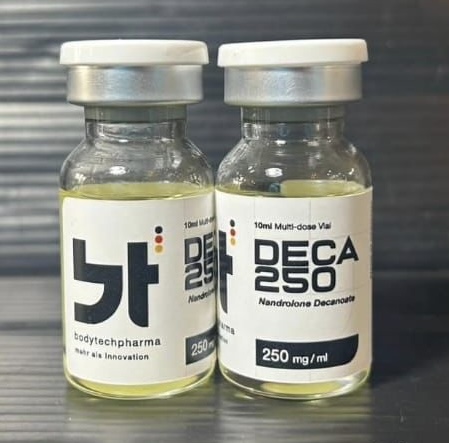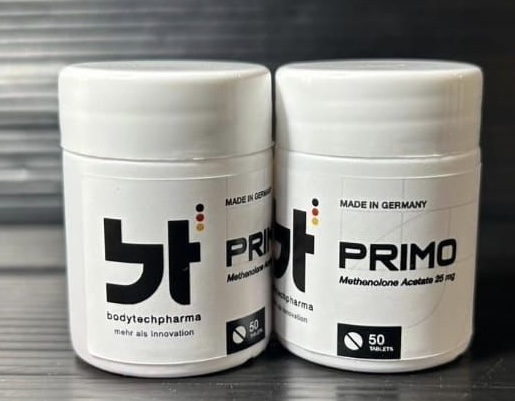
1.What is HGH?
Hormones are chemicals that regulate the growth and development of the body. They are produced in the pituitary gland and include testosterone, estrogen, and prolactin. When activated by a follicle-stimulating hormone (FSH), they are released into the bloodstream. FSH is produced by the hypothalamus (the brain) and released into the bloodstream from a sac called the anterior pituitary gland. The HGH is emitted from the anterior pituitary gland in response to FSH.
The growth hormones themselves come in two main types: Epinephrine (adrenalin) is produced by a protein called epinephrine receptor 2 (ER2), which is found on white blood cells, such as neutrophils and monocytes. Testosterone comes from Leydig cells which produce Testosterone binding globulin (TBG), which binds with ER2 on white blood cells.
Prolactin comes mainly from Luteinizing Cell Cells, also known as Luteinizing Hormone releasing Cell (LHRC). LHRCs release Luteinizing Hormone into circulation, which stimulates the production of prolactin by Leydig cells. Prolactin is then converted to Dopamine, making Dopamine Receptor 2 (DR2) bind to prolactin receptors located on various tissues.
2.The Benefits of HGH
We're often asked to describe some of the benefits of human growth hormone, or HGH. There are several reasons why many people use it, and one reason is that it has been an effective treatment for obesity, insulin resistance, and type 2 diabetes. Studies have also been shown to have helped with muscle growth and sexual function and restored the levels in the body of testosterone and growth hormone. HGH is also an essential part of many sports training programs.
HGH is a hormone that's produced by the pituitary gland and is derived from several different sources:
- Your own body (tissue taken from fat cells in your body).
- When you eat food (and produce HGH) - if you exercise heavily.
- If you have surgery on your pituitary (including surgery to remove tumors from it).
Common side effects associated with using HGH:
- An increase in blood pressure. It can cause increased blood pressure. If the blood pressure increases dramatically after using this product, stop using it immediately.
- Dizziness. The increase in blood pressure can affect people who stand a lot or exercise regularly. If you experience dizziness after using this product, stop using it immediately and consult your doctor.
- Changes in appetite. This change can lead to weight gain or loss in many people (especially those who have lost muscle mass as they age).
- Users may experience increased stress hormones such as epinephrine (adrenaline), norepinephrine (noradrenaline), cortisol, serotonin, etc. They may cause mood swings or insomnia.
- Decreased production of sex hormones like testosterone, progesterone, estrogen, etc., can lower libido and cause low sperm count.
- Women could experience changes in menstrual cycle length or irregularity. It may reduce fertility in women who recently had children but cannot be reversed.
- Changes in blood sugar levels. Blood sugar levels may rise due to their ability to increase insulin production by beta cells. If high blood sugar gets into your brain through any means other than eating food, stop using this product immediately.
3.How to use HGH safely and efficiently
HGH is a naturally occurring, produced in the pituitary gland and central nervous system. First, the hypothalamus produces HGH, which is then secreted into the bloodstream by the posterior lobe of the pituitary gland, located in the brain. It is also produced by an enzyme called neurohormone-erythropoietin receptor-alpha. The latter enzyme is vital for athletes because it increases red blood cell production and endurance.
While HGH has many benefits, it can also have undesirable side effects. These include decreased bone density and muscle strength, while high HGH levels may lead to liver damage, kidney disease, lipids (cholesterol), and diabetes.
In addition to improving physical performance, HGH can be used as medicine for:
- Cognitive disorders (e.g., depression).
- Obesity.
- Cancer (especially prostate cancer).
- Prostate enlargement.
- Adrenal Gland Dysfunction.
- Hypothyroidism.
- Diabetes.
- Insulin Resistance.
- Menstrual Problems.
- Weight Loss.
- Prolactin Deficiency (PRL).
- Urinary Tract Infection.
- Breast Cancer.
- Growth Hormone Deficiency.
- Developmental Disorders.
- Neurodevelopmental Disorders.
4.Side Effects of using HGH
We all can find HGH naturally in the body. The pituitary gland, a small stalk that sits behind the brain on the axis, produces this hormone. It produces HGH to regulate growth and sexual development, among other things.
The danger of using HGH is that it can cause severe side effects, including severe depression, low blood pressure, and high blood sugar. It can also cause a decrease in testosterone levels.
HGH is present in the body means that you have to take it every day. However, taking HGH too often will lead to severe problems like damage to your kidneys and liver (since they are responsible for filtering out excess HGH).
5.How to avoid adverse side effects of HGH
There's a good chance many of us already know what HGH is, but maybe not. HGH is a substance found in converting testosterone to estrogen in the body. Many users can also use it to treat osteoporosis and prostate cancer conditions.
Side effects of HGH include reduced libido, mood swings, decreased energy levels, muscle wasting, and several other issues. There are two main types of HGH: epidermal growth factor (EGF) and gonadotropin-releasing hormone (GnRHa). Both types are produced naturally by the body, but EGF is considered more potent than GnRHa.
Side effects of GnRHa are nausea and vomiting. Those affected can sometimes treat this with anti-nausea drugs such as prochlorperazine or guanethidine. The less common side effects include sleepiness, decreased alertness, depression (symptoms that may or may not be accompanied by symptoms of depression), fatigue, irritability (which can lead to fighting with other people), headache, weight gain, and blurred vision. The use of anti-depressants or anti-anxiety medications should be avoided if possible because they may mask these side effects.
"No evidence from clinical trials showing improved survival or survival times for HGH patients," says The National Institute on Aging.
6.Conclusion
HGH is responsible for producing muscle tissue and bone and forming fat tissues and is used as a treatment for several conditions including, but not limited to:
- While it is known to be used for growth in children, it's not recommended for children under 18 years old due to the high risk of getting into puberty before their bodies are ready.
- HGH is also used for treating anemia and anorexia.
- It can be used as an appetite suppressant or improves metabolism.
- In addition to that, its side effects are few: increased sex drive, weight loss, and caused by high blood pressure and diabetes. However, when combined with other drugs that contain HGH, it can increase the risk of side effects like stroke or even death.
Information provided within this article on HGH is to understand its benefits and risks better regardless of whether you are already taking this medication or not. We think it's important we all know what this hormone is and why people might be using it. So what is HGH exactly? Our bodies produce hormones that control many processes, such as our metabolism (how quickly food gets into our system) and how fast we grow (how fast our muscles develop).
In terms of human growth hormone (also known as human chorionic gonadotropin or simply "hCG"), this hormone controls how fast your body releases testosterone from its testicles. That's why there's a lot of talk about testosterone supplementation & testosterone replacement therapy (TRT) these days – because that's what makes guys "bigger than ever!"
Let's start with the basics: how does human growth hormone work? From what we understand from reading up on this topic over time, here's is our best understanding: Growth hormones play a crucial role in our body's development through their effect on testosterone production – they help make us grow bigger! So when somebody says, "I use growth hormones so I can get big faster!" they are right. However, unless they have had some medical condition where their body isn't producing enough testosterone (such as depression or hypothyroidism), typically, there are no problems associated with taking this type of supplement (for example).





